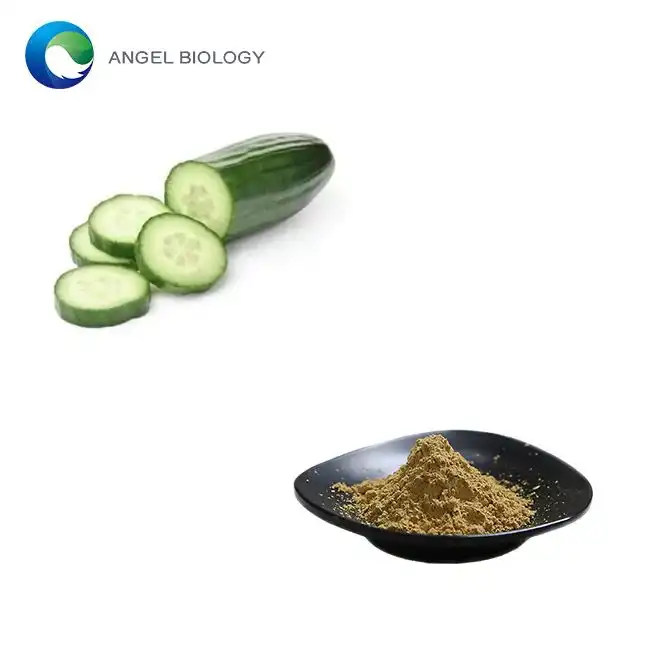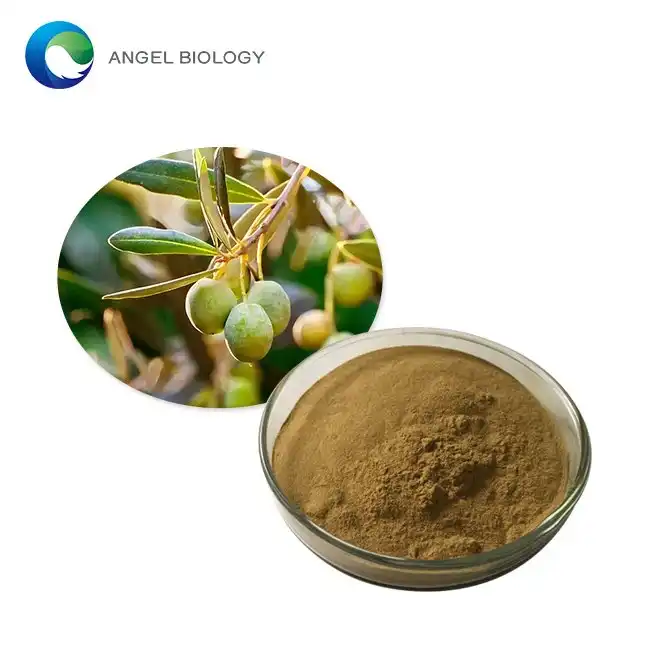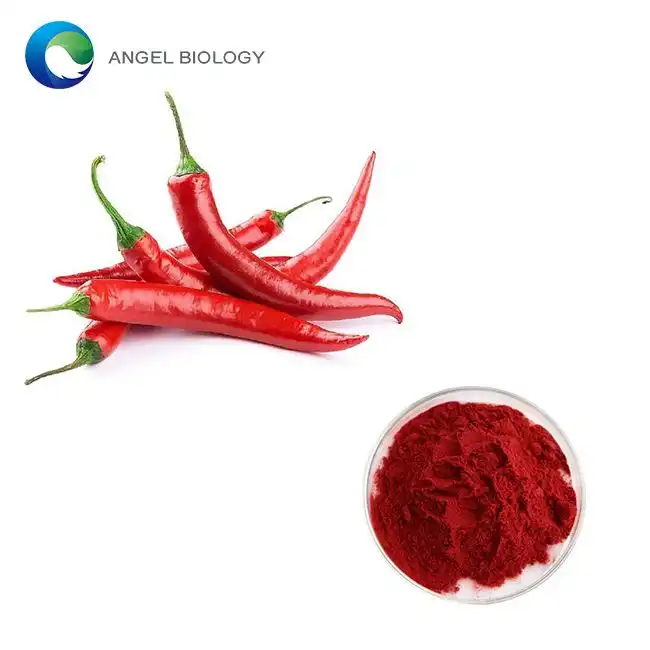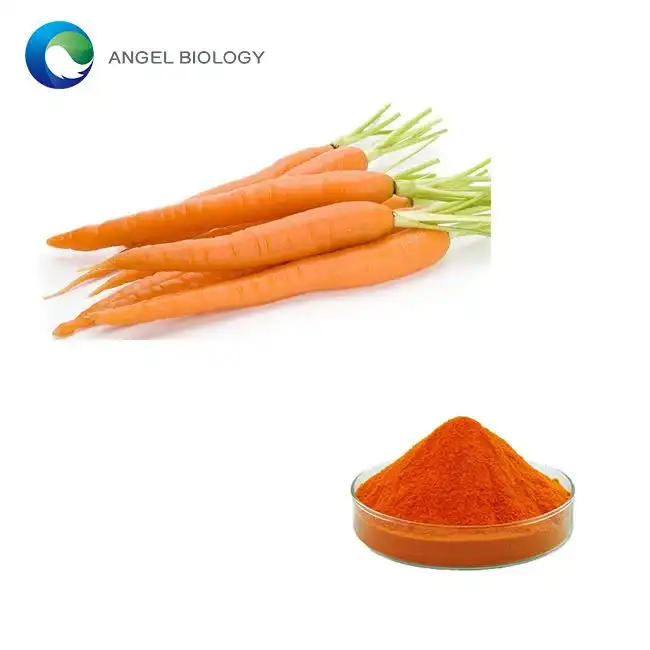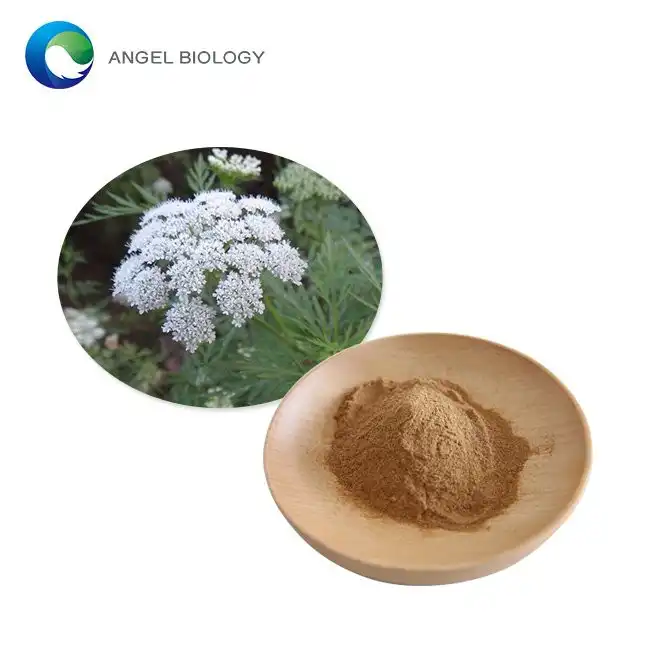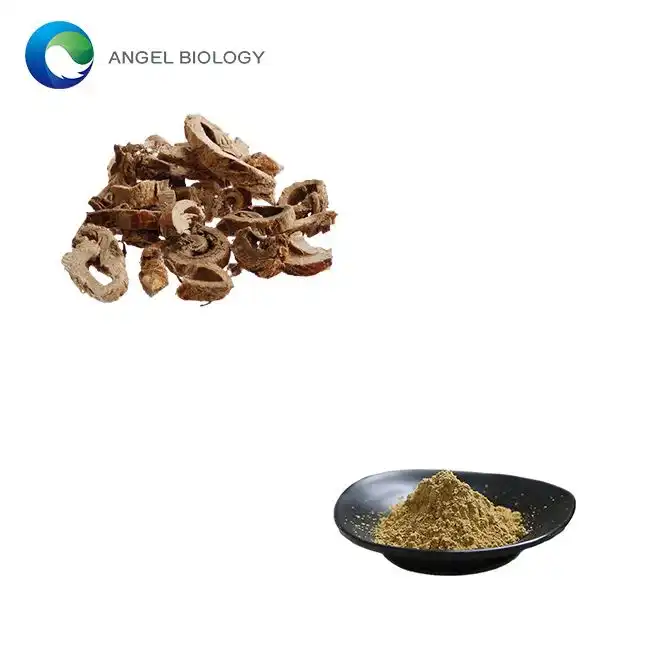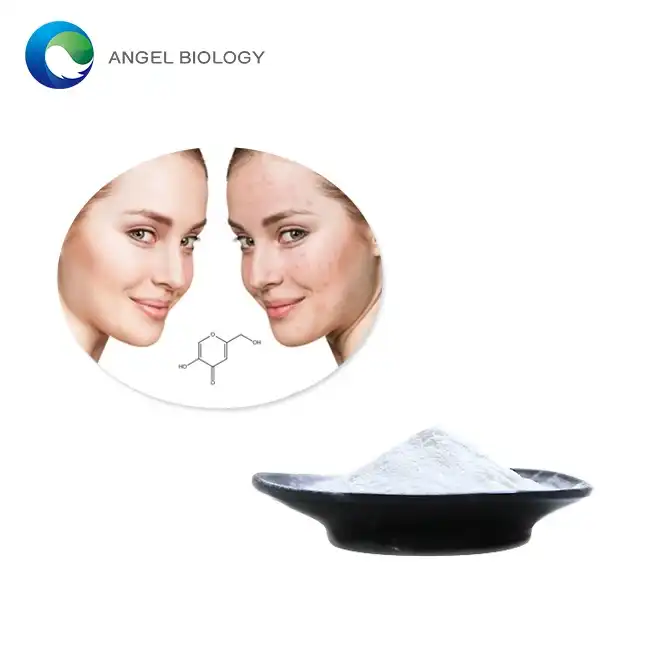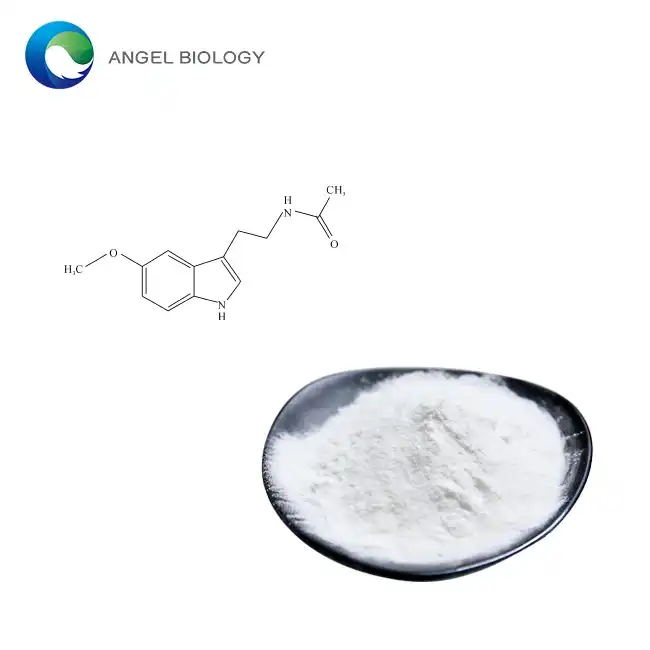Traditional Applications of Powdered Galangal Extract in Ayurveda
Galangal extract powder, a spice with a rich history in traditional medicine, has been a cornerstone of Ayurvedic practices for centuries. This aromatic rhizome, closely related to ginger, offers a unique blend of flavor and therapeutic properties that have made it indispensable in both culinary and medicinal applications. In this exploration of galangal extract powder's role in Ayurveda, we'll delve into its traditional uses, compare it with other Ayurvedic herbs, and examine how modern science validates its ancient applications.
Galangal in Ayurveda: Dosha Balance and Healing Properties
In Ayurvedic medicine, galangal is revered for its ability to balance the doshas - the fundamental energies believed to govern physiological and psychological functions in the body. Powdered galangal extract is particularly valued for its warming and stimulating properties, which make it especially beneficial for pacifying Vata and Kapha doshas.
Ayurvedic practitioners have long utilized galangal for its diverse healing properties:
- Digestive Aid: Galangal is renowned for its ability to stimulate appetite, improve digestion, and alleviate digestive discomfort. It's often prescribed for conditions such as indigestion, flatulence, and stomach aches.
- Respiratory Support: The warming nature of galangal makes it a go-to remedy for respiratory issues. It's believed to clear congestion, soothe sore throats, and provide relief from coughs and colds.
- Joint Health: Ayurvedic texts mention galangal's anti-inflammatory properties, making it a popular choice for managing joint pain and arthritis symptoms.
- Circulatory Stimulant: Galangal is thought to improve blood circulation, potentially benefiting cardiovascular health and enhancing overall vitality.
- Skin Care: When applied topically, galangal paste is used to treat skin conditions and promote a healthy complexion.
The versatility of galangal extract powder in Ayurvedic medicine stems from its unique phytochemical composition. Rich in flavonoids, phenolic compounds, and essential oils, galangal extract powder offers a complex array of bioactive substances that contribute to its therapeutic effects.

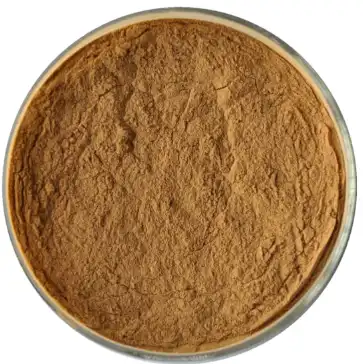
Galangal vs. Ashwagandha: Ayurvedic Benefits Compared
While both galangal and ashwagandha are esteemed in Ayurvedic medicine, they serve different purposes and possess distinct properties. Understanding these differences can help practitioners and enthusiasts make informed choices about their use.
Galangal:
- Primary Action: Stimulating and warming
- Dosha Affinity: Balances Vata and Kapha, may aggravate Pitta in excess
- Main Benefits: Digestive support, respiratory health, joint care
- Taste (Rasa): Pungent and sweet
- Energy (Virya): Heating
- Post-digestive Effect (Vipaka): Pungent
Ashwagandha:
- Primary Action: Adaptogenic and rejuvenating
- Dosha Affinity: Balances Vata and Kapha, may aggravate Pitta in excess
- Main Benefits: Stress reduction, immune support, cognitive enhancement
- Taste (Rasa): Bitter and astringent
- Energy (Virya): Warming
- Post-digestive Effect (Vipaka): Sweet
While both herbs share some similarities in their dosha affinities, their primary applications differ significantly, and galangal extract powder excels in addressing acute conditions, particularly those related to digestion and respiration. Its potent flavor and warming nature make it an excellent choice for quick relief from digestive discomfort or respiratory congestion.
Ashwagandha, on the other hand, is prized for its long-term, adaptogenic effects. It's often used to combat stress, boost immunity, and enhance overall vitality. Unlike galangal, which provides more immediate sensory effects, ashwagandha works subtly over time to restore balance and strengthen the body's resilience.
In Ayurvedic formulations, galangal and ashwagandha may be combined to leverage their complementary properties. For instance, a blend might utilize galangal's digestive benefits alongside ashwagandha's stress-reducing effects to create a holistic approach to gut health and overall well-being.
Modern Science Validates Ayurvedic Uses of Galangal
As interest in traditional medicine grows, modern scientific research has begun to investigate the claims made by Ayurvedic practitioners regarding galangal's therapeutic potential. Several studies have corroborated traditional uses and uncovered new potential applications for this versatile herb.
Anti-inflammatory Properties
Research has shown that galangal extract powder contains compounds with significant anti-inflammatory effects, and a study published in the Journal of Medicinal Food found that galangal extract inhibited the production of pro-inflammatory cytokines, supporting its traditional use in treating inflammatory conditions like arthritis.
Digestive Health
Scientific investigations have validated galangal's reputation as a digestive aid. A review in the International Journal of Molecular Sciences highlighted galangal's ability to stimulate digestive enzyme production and protect against gastric ulcers, aligning with its Ayurvedic application for digestive disorders.
Antimicrobial Activity
Galangal's use in treating respiratory infections finds support in its demonstrated antimicrobial properties. Research published in the Asian Pacific Journal of Tropical Biomedicine revealed that galangal extract exhibited potent antibacterial activity against several pathogens, including those responsible for respiratory infections.
Antioxidant Effects
The high concentration of polyphenols and flavonoids in galangal extract powder contributes to its powerful antioxidant capacity, and these compounds help neutralize free radicals, potentially reducing oxidative stress and inflammation throughout the body, with this antioxidant activity potentially underlying many of galangal's health benefits, from supporting cardiovascular health to offering neuroprotective effects.
Anticancer Potential
While more research is needed, preliminary studies suggest that certain compounds in galangal may have anticancer properties. A review in the journal Biomolecules highlighted galangal's potential to inhibit the growth and spread of various cancer cells, opening new avenues for research in cancer prevention and treatment.
galangal's potential to inhibit the growth and spread of various cancer cells, opening new avenues for research in cancer prevention and treatment.
Metabolic Health
Emerging research indicates that galangal may play a role in metabolic health. Studies have shown its potential to improve insulin sensitivity and lipid profiles, suggesting benefits for managing diabetes and cardiovascular health. These findings align with Ayurvedic principles of using galangal to enhance overall vitality and balance within the body.
As scientific validation continues to accumulate, the bridge between traditional Ayurvedic wisdom and modern medical understanding grows stronger. The multifaceted benefits of galangal extract revealed through scientific inquiry not only support its traditional applications but also suggest new potential uses in contemporary healthcare practices.
Conclusion
The traditional applications of galangal extract powder in Ayurveda represent a fascinating intersection of ancient wisdom and modern scientific validation, and from its role in balancing doshas to its diverse therapeutic properties, galangal continues to captivate both practitioners of traditional medicine and researchers alike, as we uncover more about this remarkable herb, its potential to contribute to holistic health and wellness becomes increasingly clear.
For those seeking to incorporate the benefits of galangal into their wellness routines, Angelbio offers premium quality galangal extract powder derived from carefully selected sources. Our commitment to innovation and quality ensures that you receive the full spectrum of galangal's beneficial compounds in a convenient, easy-to-use form. Whether you're looking to support digestive health, boost your immune system, or simply explore the wonders of Ayurvedic herbs, Angelbio's galangal extract powder is an excellent choice.
To learn more about our galangal extract powder and other natural ingredients for health and wellness, please don't hesitate to contact us at angel@angelbiology.com. Our team of experts is ready to assist you in finding the perfect natural solutions for your health needs.
References
1. Sharma, P.V. (2011). Dravyaguna Vijnana: Fundamental Principles of Pharmacotherapeutics in Ayurveda. Chaukhambha Bharati Academy, Varanasi.
2. Gogte, V.V.M. (2000). Ayurvedic Pharmacology and Therapeutic Uses of Medicinal Plants. Bharatiya Vidya Bhavan, Mumbai.
3. Pole, S. (2013). Ayurvedic Medicine: The Principles of Traditional Practice. Singing Dragon, London.
4. Frawley, D., & Lad, V. (2001). The Yoga of Herbs: An Ayurvedic Guide to Herbal Medicine. Lotus Press, Twin Lakes, WI.



